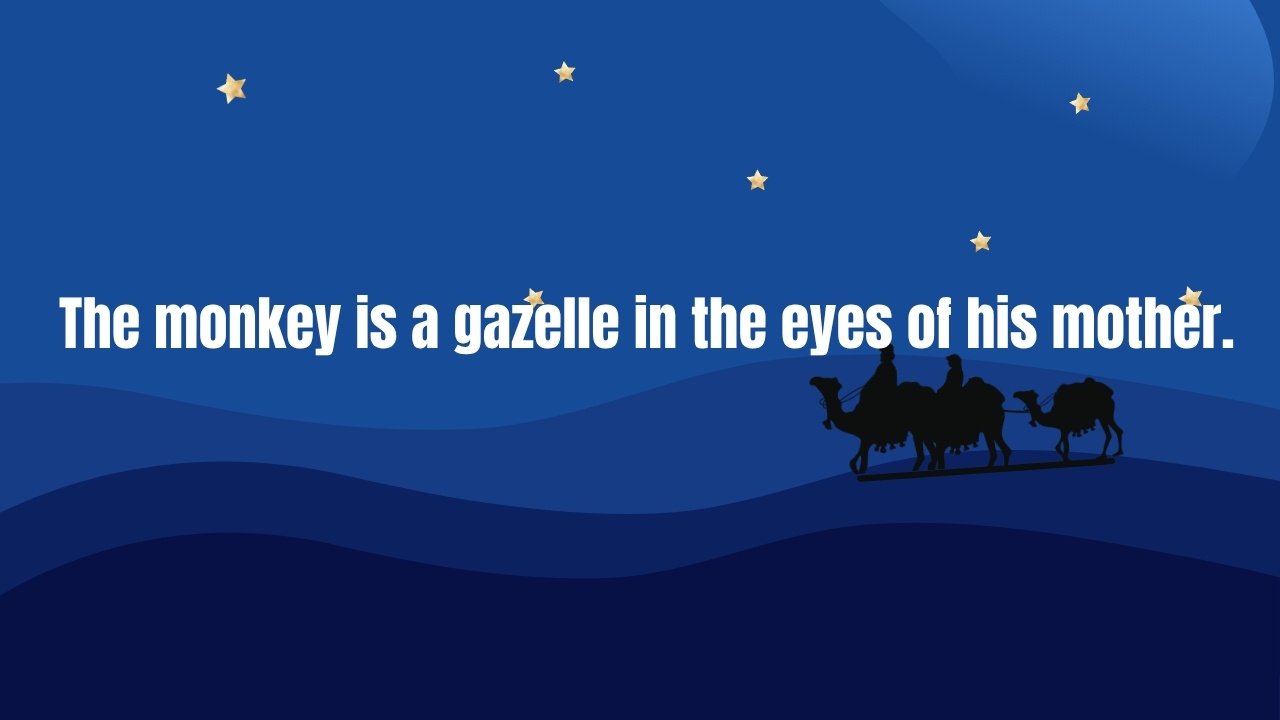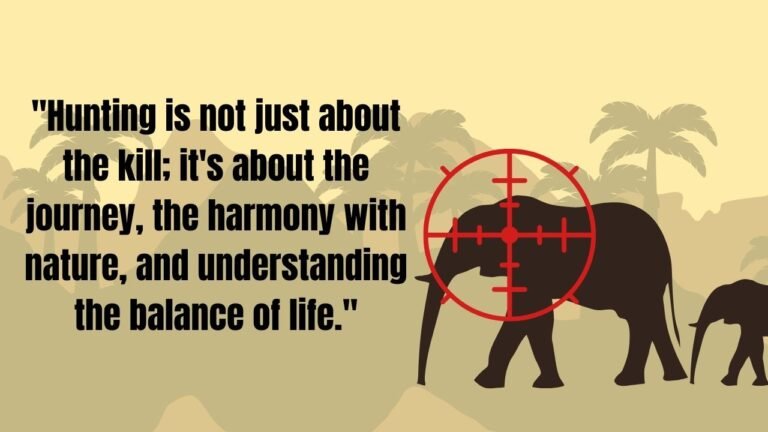Our 35 Favorite Arabic Proverbs (with English Translation)
Arabic proverbs teaches sense and simplicity. These proverbs provide life observations of human behavior, the family, and moral instructions from various places in the Arab world.
For every proverb, we add the word by word translation of the Arabic text. We also provide English when it’s available. But if there is not a counterpart in English, we provide for you the meaning of that saying.
These poignants expressions are plucked from a range of local dialects throughout the Arab world. Several of the proverbs are sustained in (nearly) identical dialect forms. And each region makes them their own, in their pronunciation and vocabulary. if you are quotes lover and went to read more quotes than visit quotes slide.
1,001 Arabic Proverbs with English Translation
For the vast majority of our list, you can find them in 1,001 Arabic Proverbs with English Translation. This book is the newest from Industry Arabic.
From across the Arab world, here are some of our favorite proverbs. It features expressions from Egyptian Arabic, Levantine Arabic, Moroccan Arabic, Iraqi Arabic, Gulf Arabic and beyond. if you went to read The Odyssey Quotes than visit this page.
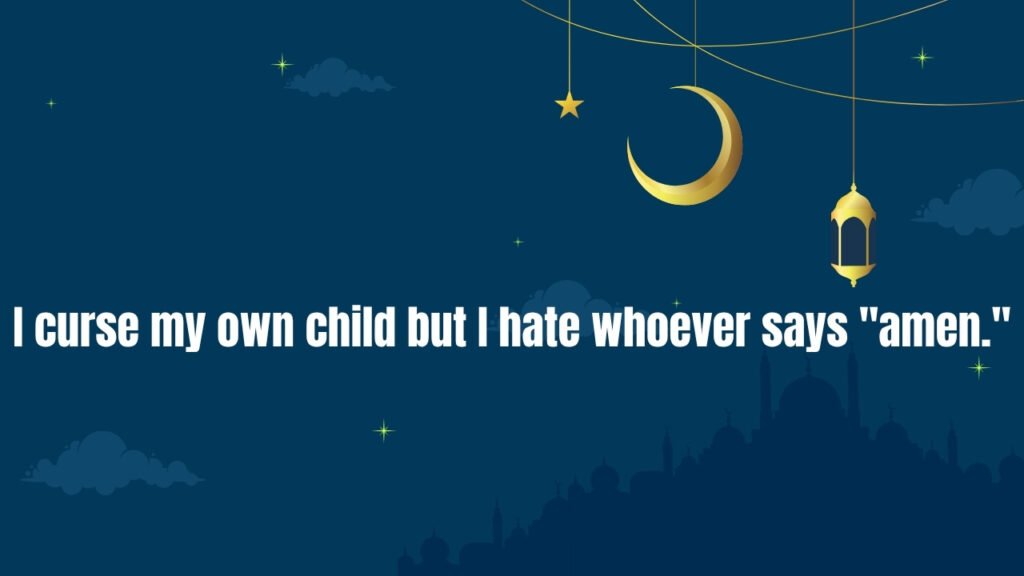
Egyptian Arabic Proverbs
Egyptian Arabic is known for its colorful expressions of wisdom. These popular sayings reflect the values and humor of Egyptian culture. They touch on family relationships, trust and betrayal, and the ups and downs of daily life. if you went to read about Bad Bitch Quotes than visit this page.
القرد في عين أمه غزال
Literal translation: The monkey is a gazelle in the eyes of his mother.
English equivalent: Beauty is in the eye of the beholder.
This proverb speaks to unconditional love within family bonds. A mother sees beauty in her child, no matter what others think. It’s a reminder that love changes how we see people.
أدعي على ولدي وأكره من يقول أمين
Literal translation: I curse my own child but I hate whoever says “amen.”
Explanation: This proverb describes a common feeling about family relationships. You might criticize someone close to you. But if an outsider makes the same criticism, you rush to defend your family member. It shows the protective nature of family ties.
آخرة المعروف الضرب بالكفوف
Literal translation: The end result of a good deed is a slap with the palms.
English equivalent: No good deed goes unpunished.
This saying reflects wisdom of experience. Sometimes when you help others, they don’t appreciate it. They might even turn against you. It’s a cautionary tale about expecting gratitude.
اللي ايده في المية مش زي اللي ايده في النار
Literal translation: The one whose hand is in fire is not like the one whose hand is in water.
English equivalent: Easier said than done.
This proverb highlights the gap between effort and outcome. It’s easy to give advice when you’re comfortable. But actually doing something difficult is another matter entirely. The contrast between fire and water makes this point clear.
لما اتفرّقت العقول كل واحد عجبه عقله، ولما اتفرّقت الأرزاق ماحدش عجبه رزقه
Literal translation: When brains were passed out, everyone was pleased with his brains; but when fortunes were given out, no one was satisfied with his fortune.
Explanation: This saying addresses both satisfaction and dissatisfaction in life. People think their own way of thinking is best. But almost everyone wishes they had more money or better circumstances. It reveals something fundamental about human nature.
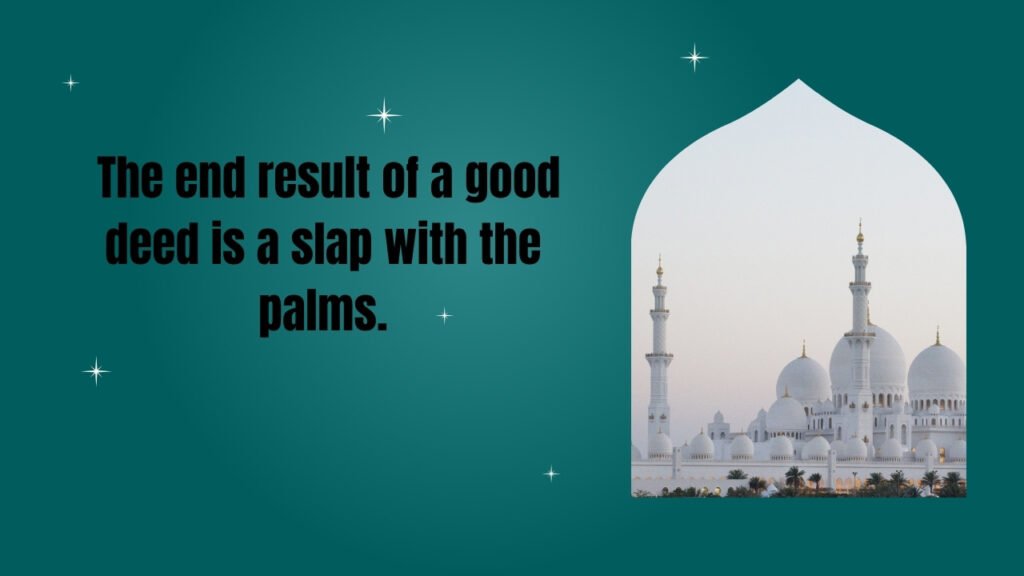
اللي يتلسع من الشوربة ينفخ في الزبادي
Literal translation: Whoever gets burned by soup, blows on yogurt.
English equivalent: Once bitten, twice shy.
This proverb teaches caution and prudence. When someone has a bad experience, they become overly careful. They avoid even harmless situations that remind them of the original problem. The metaphor of blowing on cold yogurt after being burned by hot soup is vivid and memorable.
إمشي في الجنازة، ولا تمشي في جوازة
Literal translation: Walk in a funeral procession, not in a marriage.
Explanation: Don’t play matchmaker. This traditional knowledge warns against arranging marriages for others. If the marriage doesn’t work out, you’ll get blamed. It’s safer to stay out of other people’s romantic decisions.
الدنيا زي الغازية، ترقص لكل واحد شوية
Literal translation: The world is like a belly dancer: it dances for a little while for everyone.
English equivalent: Every dog has its day.
This saying offers hope about fortune and destiny. Everyone gets their turn for good luck. Success doesn’t last forever for anyone. The analogy of a belly dancer who moves from person to person captures this idea perfectly.
اللي على راسه بطحة يحسّس عليها
Literal translation: Whoever has a head wound keeps feeling it.
Explanation: A guilty person will give himself away. This proverb is about morality and conscience. Someone who has done something wrong can’t stop thinking about it. They reveal their guilt through their behavior. An uncommon English equivalent is “The tongue ever turns to the aching tooth.”
أقول له تور يقول إحلبه
Literal translation: I say to him, “It’s bull” and he responds “Milk it.”
Explanation: This saying describes a frustrating situation. Someone keeps repeating the same wrong argument. Even after being contradicted repeatedly, they refuse to listen. It’s about stubbornness and truth versus hypocrisy.
لولا اختلاف النظر، لبارت السلع
Literal translation: Were it not for differences of opinion, goods would go unsold.
Explanation: Different perspectives give things value. What one person doesn’t want, another person loves. This wisdom applies to cross-cultural communication and diversity. Variety is the spice of life.
إذا كان حبيبك عسل ما تلحسوش كله
Literal translation: Even if a friend is a honey, don’t lick them all up.
Explanation: Don’t abuse the kindness of a friend. This proverb teaches patience and perseverance in relationships. Even the sweetest friendship needs boundaries. Taking too much advantage will destroy the relationship.

كلّه عند العرب صابون
Literal translation: For the Bedouin, it’s all soap.
Explanation: People without taste can’t tell quality from junk. This saying comes from Bedouin expressions and oral tradition. It suggests that some people lack the ability to appreciate fine distinctions.
اللي ما يعرفش، يقول عدس
Literal translation: He who doesn’t know, says “lentils.”
Explanation: Those who don’t know the true story will say anything. This proverb is about ignorance and making up answers. When people lack knowledge, they fill in the gaps with random explanations.
بعد ما شاب ودّوه الكتّاب
Literal translation: After his hair went gray, they took him to school.
English equivalent: You can’t teach an old dog new tricks.
This saying reflects wisdom of experience about change and learning. People become set in their ways as they age. Trying to teach someone new habits late in life is usually pointless.
صاحب بالين كدّاب وصاحب تلاتة منافق
Literal translation: A person of two minds is a liar, and a person of three minds is a hypocrite.
Explanation: Someone who tries to do two things at once is fooling himself. A person trying to do three things at once is even more self-deceived. The closest English equivalent would be “Jack of all trades, master of none.” It’s about focus and honesty about your capabilities.
Levantine Proverbs
Levantine Arabic comes from countries like Syria, Lebanon, Jordan, and Palestine. These proverbs blend influences from many cultures. They offer ancient sayings about work, family, and community life.
الجنة بدون ناس ما تنداس
Literal translation: A paradise without people is not worth stepping foot in.
Explanation: This beautiful saying emphasizes the importance of community. Even the most beautiful place is meaningless without loved ones to share it with. It reflects traditional values about social norms and connection.
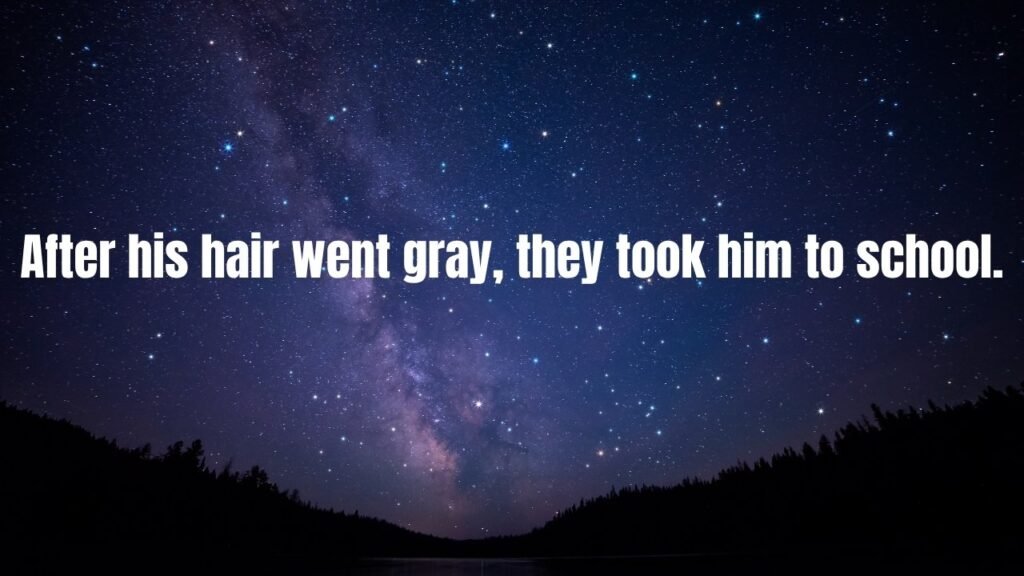
الحكي مش متل الشوفة
Literal translation: Speaking is not like seeing.
English equivalent: A picture is worth a thousand words.
This proverb is about direct experience versus description. Words can’t fully capture what you see with your own eyes. It’s wisdom about the limits of translation and interpretation.
اللي بدو يلعب مع القط بدو يلقى خراميشه
Literal translation: Whoever plays with a cat will find his claws.
English equivalent: If you play with fire, you’re going to get burned.
This saying teaches caution and prudence. Dangerous situations often look harmless at first. But getting involved will lead to harm. The metaphor of a cat’s claws makes the warning concrete.
ابنك هو وزغير ربّيه وهو وكبير خاويه
Literal translation: Discipline your son when he’s young, and be his friend when he grows up.
Explanation: This proverb offers intergenerational advice about parenting. Early discipline creates a foundation for a good adult relationship. It’s about family bonds and life lessons passed from parent to child.
احترنا يا قرعة من وين بدنا نبوسك
Literal translation: Oh bald man, we’re confused about where to kiss you.
Explanation: This proverb applies to someone who’s hard to please. It’s like saying “There’s no pleasing you” in English. The analogy assumes a bald person has more kissable spots on his head, making it difficult to choose where to plant a kiss.
الإسكافي حافي والحايك عريان
Literal translation: The shoemaker is barefoot and the weaver is naked.
Explanation: People tend to neglect the things closest to them. They fail to apply their own expertise to their own lives. An English equivalent is “The shoemaker’s children always go barefoot.” This wisdom appears in folklore across many cultures.
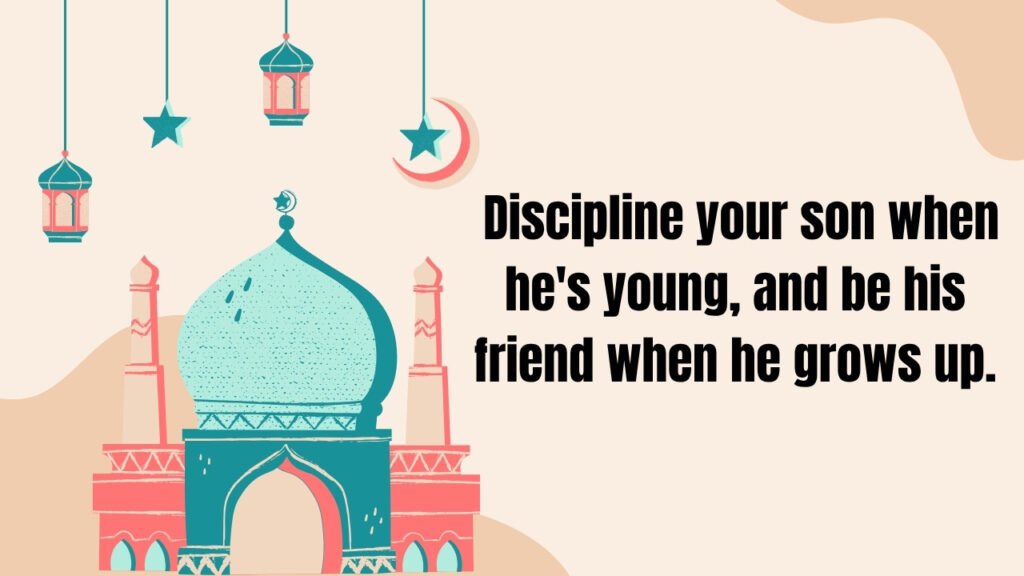
طب الجرة ع تمّا بتطلع البنت لإمّا
Literal translation: Flip the jar on its mouth, and the daughter comes out like her mother.
English equivalent: Like mother, like daughter.
This saying is about inheritance of traits and behaviors. Children naturally follow their parents’ example. The Egyptian version of this proverb is similar: اقلب القدرة على فمها تطلع البنت لإمها. It reflects observations about human nature across generations.
ما تقول فول ليصير بالمكيول
Literal translation: Don’t say “beans” until they are on the measuring scale.
English equivalent: Don’t count your chickens before they’re hatched.
This proverb teaches patience and perseverance. Don’t celebrate success before it actually happens. Things can go wrong at the last minute. It’s a common piece of traditional knowledge about managing expectations.
التلم الأعوج من التور الكبير
Literal translation: The crooked furrow is caused by the big bull.
English equivalent: A fish rots from the head down.
This saying is about leadership and responsibility. When things go wrong, look at who’s in charge. The metaphor of a bull plowing crooked furrows makes the point about how leaders set the direction for everyone else.
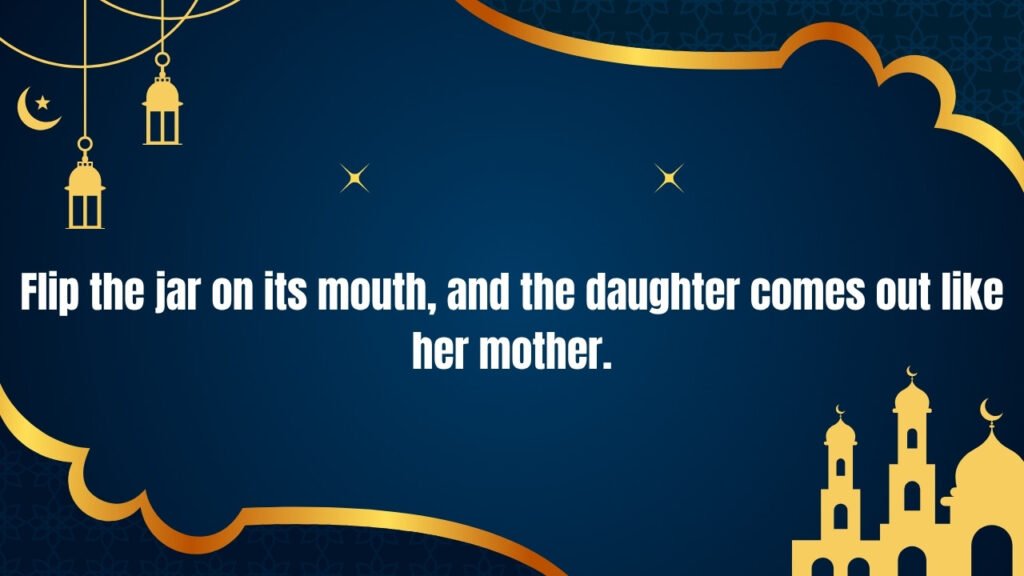
الدم ما بيصير مي
Literal translation: Blood does not become water.
English equivalent: Blood is thicker than water.
This proverb emphasizes family bonds above all else. Family connections are permanent and strong. They can’t be weakened or dissolved. It reflects traditional values found throughout Arab culture.
اللي بياكل العصي مش متل اللي بيعدّها
Literal translation: Receiving blows from a stick is not the same as counting them.
English equivalent: Easier said than done.
This saying highlights the difference between experience and observation. Suffering through something is completely different from watching or measuring it. The metaphor of counting versus receiving blows is powerful and direct.
كل ديك ع مزبلته صيّاح
Literal translation: Every rooster crows on its own dunghill.
Explanation: Everyone feels confident on their home turf. People are brave and loud when they’re in familiar territory. But they might act differently in someone else’s space. This wisdom appears in many cultures.
الحركة بركة
Literal translation: Movement is a blessing.
Explanation: Action is better than inaction. To get things done, you need to move and work. Sitting still accomplishes nothing. This simple proverb promotes effort versus outcome and taking initiative.
الديك بيموت وعينو بالمزبلة
Literal translation: The rooster dies with his eye still on the dunghill.
Explanation: Similar to “A leopard can’t change its spots,” this proverb says people can’t change their fundamental nature. It’s used especially for negative qualities and behaviors. Old habits stick with us until the end.
البحصة بتسند خابية
Literal translation: A pebble can support a barrel.
Explanation: Even a small effort can go a long way. Little things matter more than you might think. This ancient saying encourages people not to dismiss small contributions.
Gulf Arabic Proverbs
Gulf Arabic comes from countries like Saudi Arabia, Kuwait, Qatar, UAE, Bahrain, and Oman. These proverbs reflect desert life, seafaring traditions, and Bedouin wisdom.
اللي ما يعرف الصقر يشويه
Literal translation: He who doesn’t know the falcon will grill it.
Explanation: People who lack knowledge waste valuable things. In Gulf culture, falcons are prized hunting birds. Someone ignorant might treat a falcon like ordinary food. This proverb teaches respect for expertise and value.
الطول طول نخلة والعقل عقل صخلة
Literal translation: The height is that of a palm tree, but the mind is that of a baby goat.
Explanation: Physical presence doesn’t equal intelligence. Someone might look impressive but lack wisdom. This saying is a gentle warning about judging people by appearance alone.
الصبر مفتاح الفرج
Literal translation: Patience is the key to relief.
Explanation: Good things come to those who wait. This proverb teaches patience and perseverance through difficult times. It’s deeply rooted in traditional values and reflects the morality of endurance.
العود أحمد
Literal translation: Returning is more praiseworthy.
Explanation: Going back to what’s familiar and reliable is wise. This could mean returning to your roots, your family, or proven methods. It reflects wisdom of experience about knowing when to retreat to safety.
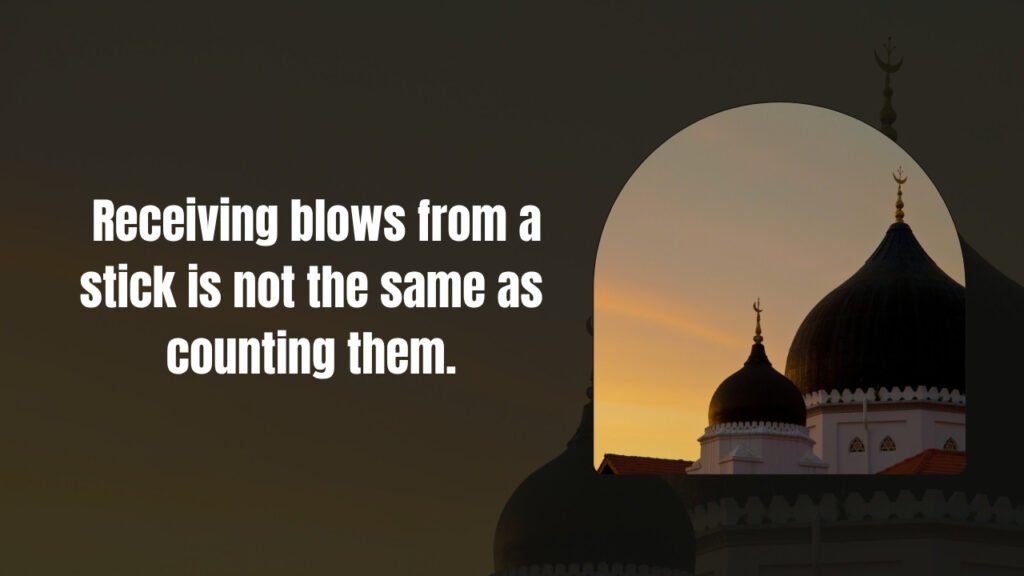
كل عود فيه دخان
Literal translation: Every stick has smoke in it.
Explanation: Everyone has potential, even if it’s not immediately visible. This proverb encourages seeing the good in people. It’s about recognizing hidden value and giving others a chance.
الحي يحييك والميت يزيدك غبن
Literal translation: The living will greet you, and the dead will only increase your grief.
Explanation: Focus on the living, not the dead. Don’t dwell too much on the past or on those who are gone. This wisdom helps people move forward after loss.
Moroccan Arabic Proverbs
Moroccan Arabic has unique influences from Berber languages and French. These sayings blend Mediterranean and North African cultural expressions.
اللي عندو الزرع عندو الجوع
Literal translation: He who has the crops has the hunger.
Explanation: Those with resources often feel the most need. Having more brings more responsibility and worry. This proverb reflects wisdom about satisfaction versus dissatisfaction in life.
اللي ما عندو عقل يشري واحد
Literal translation: He who has no mind should buy one.
Explanation: This humorous saying criticizes foolish behavior. It suggests that some people desperately need more intelligence. It’s a direct comment about human nature and poor judgment.
خبز بخبز ولو حجر المدقة
Literal translation: Bread for bread, even if it means hitting with the mortar’s stone.
Explanation: Fair exchange is important, even if achieving it takes force. This proverb is about justice and getting what you’re owed. It reflects values about reciprocity in social norms.
اللي تزوج أمي نعيطو لو عمي
Literal translation: Whoever marries my mother, I’ll call him uncle.
Explanation: Accept new family members with respect. This proverb teaches flexibility about family relationships. It’s about adapting to change and showing proper respect.
الكلام كيف الدواء، قليل منو كيفيك وبزاف كيضرك
Literal translation: Speech is like medicine: a little helps you, and too much harms you.
Explanation: Words have power, for good or bad. Measured speech is wise. Too much talking can cause problems. This wisdom appears in many forms across different cultures.
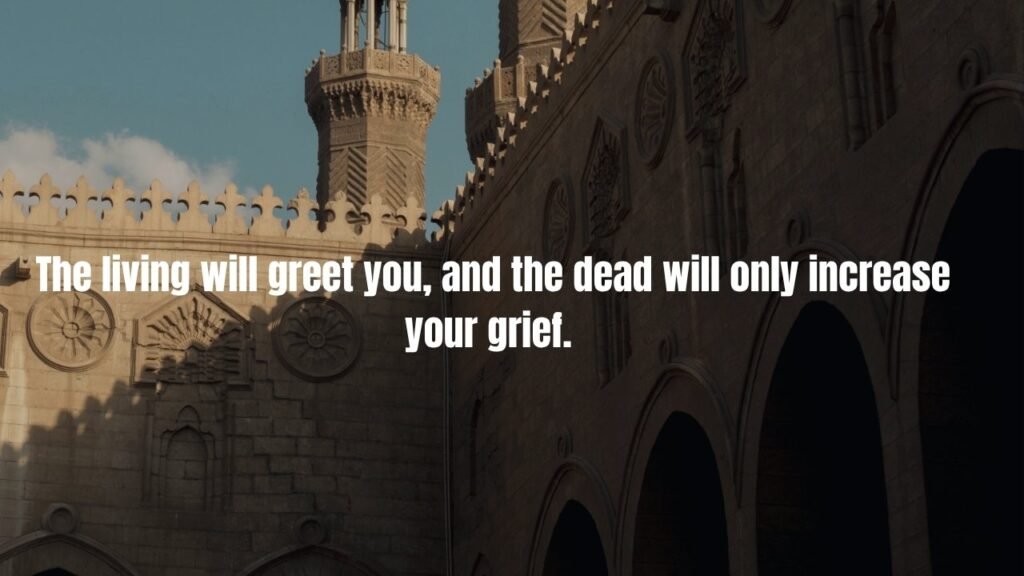
Iraqi Arabic Proverbs
Iraqi Arabic carries echoes of ancient Mesopotamian wisdom. These proverbs reflect thousands of years of civilization along the Tigris and Euphrates rivers.
الطول طول نخلة والعقل عقل خروفة
Literal translation: The height is that of a palm tree, but the mind is that of a sheep.
Explanation: This is similar to the Gulf version but uses sheep instead of a baby goat. It criticizes people who look impressive but lack intelligence. Appearance doesn’t equal capability.
اللي ما يعرف الصقر يشويه
Literal translation: He who doesn’t recognize the falcon will roast it.
Explanation: Ignorance causes waste of precious things. This appears in both Iraqi Arabic and Gulf Arabic. It teaches respect for value and expertise.
مد رجليك على قد لحافك
Literal translation: Stretch your legs according to your blanket.
Explanation: Live within your means. Don’t try to maintain a lifestyle you can’t afford. This practical wisdom appears in various forms across the Arab world. It’s about caution and prudence in managing resources.
الكلب العوي ما يعض
Literal translation: The barking dog doesn’t bite.
Explanation: People who make the most threats are often the least dangerous. This proverb teaches not to fear empty words. Real danger often comes quietly. It’s wisdom about recognizing genuine threats.
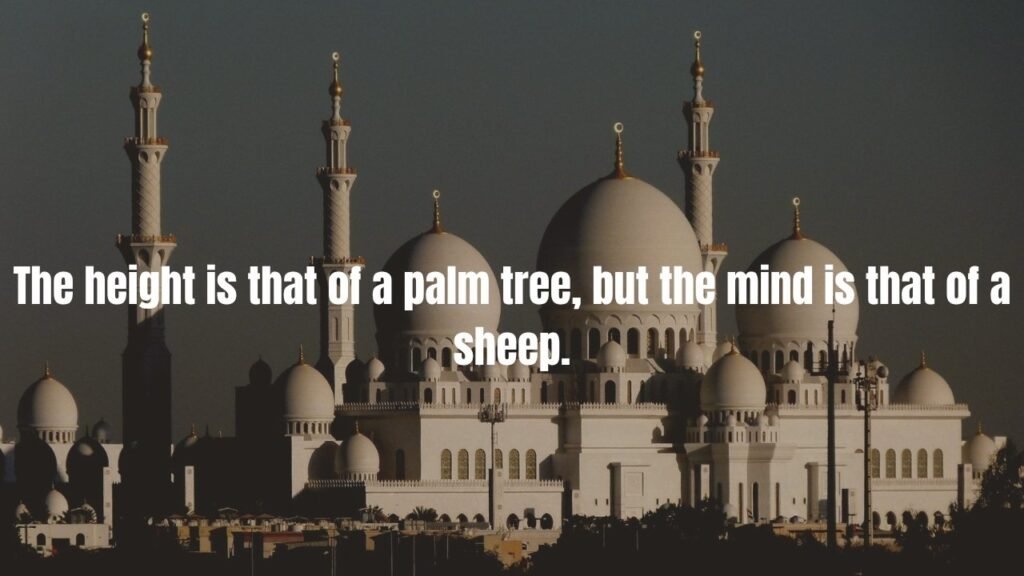
Why Arabic Proverbs Matter for English Speakers
Arabic Proverbs A bird’s eye view of Arabian culture and morals. They can help people who speak English see other viewpoints about lessons learned in life.
These clichés are aphorisms that have timeless insights into humans life. Many Arabic idioms literally have English counterparts, conveying our common humanity. The life lessons are the same, they’ve simply been translated for different cultural metaphors.
Knowing these proverbs will facilitate communication across cultures. When you know the way that someone is expressing themselves culturally, then you understand them more. These are values, and they’re priorities.
How to Use These Arabic Proverbs with English Translation
You can apply these Arabic proverbs and sayings in daily life.
Now let us bring back those quotes with your Arabic-speaking friends. They will appreciate your interest in their culture. Even their dialectal variants may bring you new knowledge.
These proverbs can be learned by language learners to improve their Arabic. The direct translations assist you in learning Arabic sentence structure. The language is a living thing in its cultural context.
When you come across Arab culture in time, whether it be in media or literature, these proverbs allow you to make sense of references. Traditional sayings often appear in movies, songs and books.
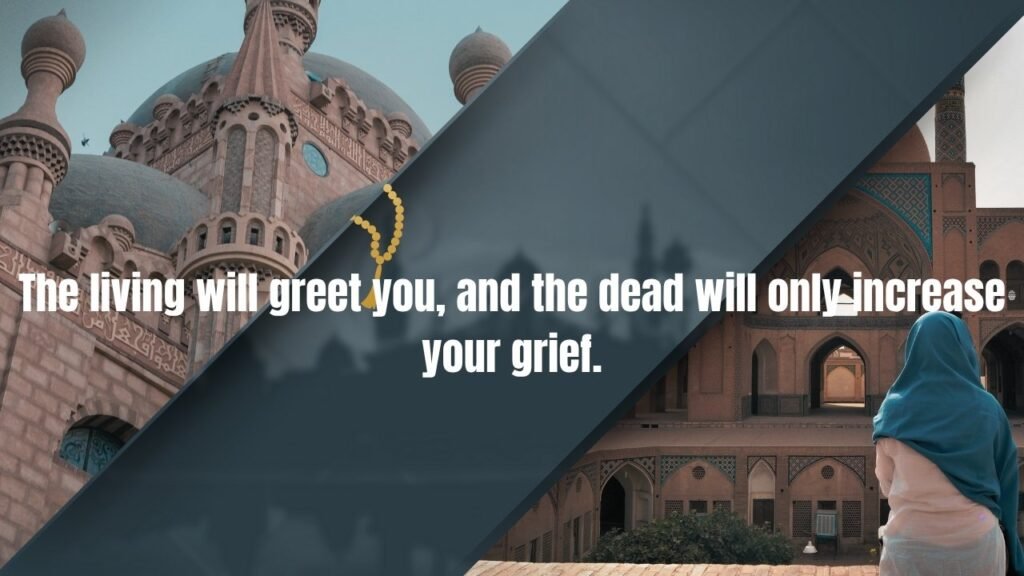
Conclusion
These 35 proverbs reflect knowledge found throughout the Arabic-speaking world. And whether Egyptian Arabic, Levantine, Gulfish, Berber Fosiha or Iraqi Arabic, each has its cultural specifics.
Here are some classic phrases with important life lessons that you should never forget. They are about family and human connections; patience, perseverance, morality, the nature of man. Whether it’s “Beauty is in the eye of the beholder” or “Blood is thicker than water,” wise words are universal.
And the literal word-by-word translations and English alternatives can open up different ways of seeing. They demonstrate the way ancient dictums remain instructive in modern life. They demonstrate that wisdom statements are an aspect of our collective human inheritance.

